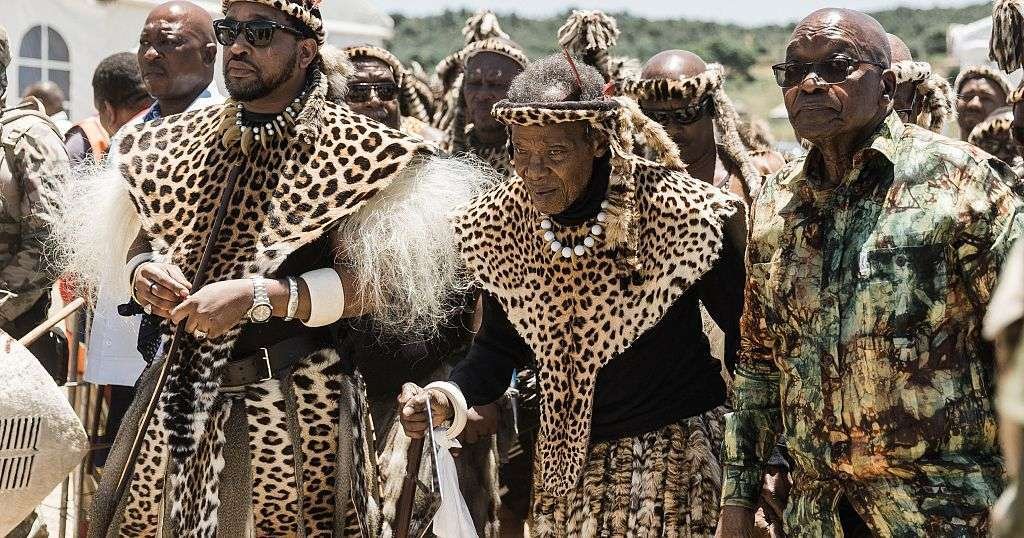Pretoria, South Africa – (African Boulevard News) – A legal battle to dethrone South Africa’s Zulu king, Misuzulu kaZwelithini, is set to unfold in court as Prince Simakade challenges President Cyril Ramaphosa’s recognition of King Misuzulu as the rightful heir. The case has attracted significant attention, as it could potentially reshape the country’s traditional monarchy.
Prince Simakade is seeking to overturn President Ramaphosa’s decision to recognize King Misuzulu, who ascended to the throne in May 2021 following the death of his father, King Goodwill Zwelithini. The prince argues that he is the legitimate heir to the Zulu throne, and the president’s recognition of King Misuzulu was invalid.
The legal challenge raises important questions about the succession process within the Zulu monarchy. According to traditional customs, the king is chosen by a council of senior chiefs known as the Isilo. However, Prince Simakade alleges that the council did not follow the proper procedures when selecting King Misuzulu.
“The council did not adequately consider the evidence and the advice of the royal family regarding succession. As the rightful heir, I am compelled to challenge this decision in court,” said Prince Simakade.
The case has also stirred debate about the role of the monarchy in modern-day South Africa. While the Zulu king holds a largely symbolic role, he is still a highly significant figure in the country’s cultural and political landscape. The outcome of the legal challenge could potentially shape the future of the Zulu monarchy and have wider implications for other traditional institutions in South Africa.
Legal experts predict that the court battle will be complex and could take a significant amount of time to reach a resolution. The case will require examining historical customs and cultural traditions, as well as the constitutional framework within which the Zulu monarchy operates.
Political analyst, Dr. Thabo Nkosi, commented on the significance of the legal challenge, saying, “This case goes beyond the Zulu kingdom itself. It touches on issues of heritage, cultural identity, and the power dynamics between traditional leaders and the government. It’s a delicate balance that needs to be carefully considered.”
As the legal proceedings unfold, all eyes will be on the courtroom to see how the case progresses. The outcome will not only determine the future of the Zulu monarchy but also serve as a precedent for similar disputes within other traditional institutions in South Africa.
In a country where tradition and modernity often collide, this legal challenge highlights the ongoing struggle to navigate the tensions between cultural heritage and legal frameworks. The court’s decision will undoubtedly have far-reaching consequences, shaping the future of the Zulu monarchy and traditional governance structures in South Africa.

